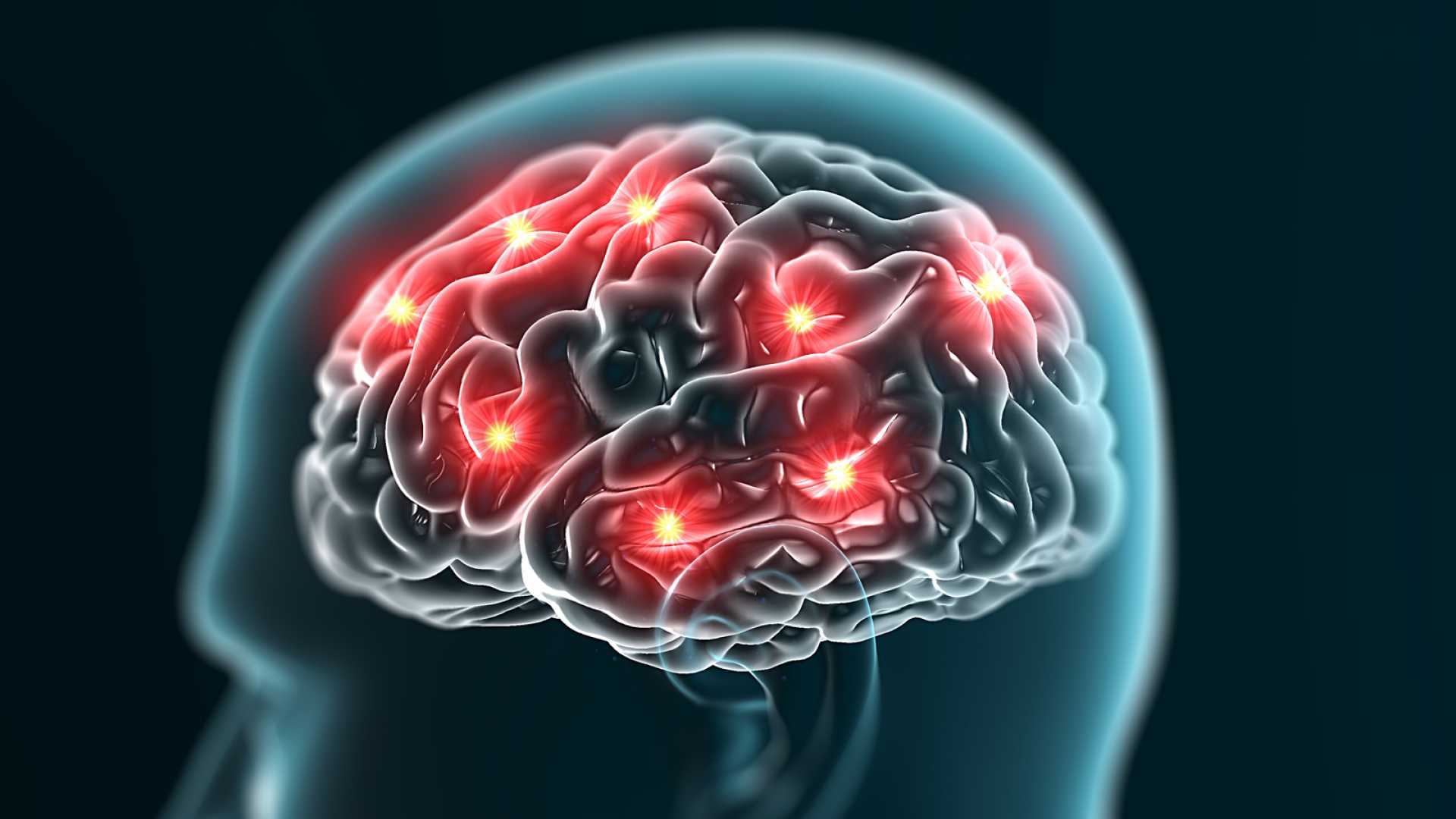
6 Tips to Improve Brain Cognition
As we grow older, the brain also ages. With that, our capacity to study new things, retain and recall them when we need to is reduced with time. The cognitive abilities of the brain include memory, reasoning, language, and attention.
It requires conscious steps to maintain brain development and cognitive abilities as we grow older. If you’re curious about the necessary steps to take to improve brain cognition, here are 6 important tips you should follow;
1.Stress Management
You may not realize it, but the level of stress you’re exposed to can have a negative impact on your brain. Research shows that people who are exposed to a high level of stress tend to suffer from cognition problems more than those who aren’t.
It’s understandable that stress is a part of life and may be unavoidable in the long run, but it’s important to find ways through which you can reduce your stress level. However, what reduces your stress level will depend on you and your specific condition.
2.Mental Stimulation
If we don’t feed our brain, it’ll not only remain the same way, it’ll deteriorate. That’s why it’s important that from time to time, we put our brains up to certain challenges. Challenging the brain will mean that we put it up to interesting and tasking activities. These kinds of activities will ensure that your brain works as a result of sensory stimulation.
The brain works best when there are external stimuli. It helps the brain absorb new information easily. As we get older, our cognitive abilities become lessened, and it’s for that reason that we have to intentionally improve brain cognition as much as we can.
3.Exercising
Exercise is usually recommended for brain health and proper functioning. Not only does exercise help to keep you physically fit, it’s also important in improving your mood, memory, and cognitive function. Exercise helps to increase the blood flow to the brain, which in turn keeps the brain healthy. Also, adequate blood to the brain provides it with essential nutrients, reduces inflammation, and stimulates brain development.
Research also shows that people who do regular exercise have a lower chance of experiencing diseases like Alzheimer’s when compared to those who are less fit. Exercise also reduces emotional stress, and this helps to improve brain cognitive function.
4.Learn Something New
One way to improve brain cognitive function is to ensure that your brain is active and always working. When you learn something new, it helps to keep your brain active and cause new connections within the brain. However, while it’s important to learn something new regularly, it doesn’t always have to be the most difficult task. All that matters is that it’s achievable and it ‘stretches’ your brain.
This may include challenging yourself to learn a new language, an instrument, read a book, take a course, or a new soft skill. If it’s an activity that you enjoy, it makes it even better.
5.Epicatechin Safe Supplement
Today, most of our meals lack many certain nutrients and vitamins that support brain health and function. The important nutrients that help to improve cognition and general brain health include calcium, potassium, niacin, magnesium, vitamin A and C, thiamine, iron, riboflavin, copper, zinc, etc.
While meals like vegetables and fibers have most of these, there may be a need to supplement them in your diet. Adding epicatechin supplements to your meal will improve your brain’s cognitive function because the supplement increases levels of nitric oxide, which relaxes blood vessels and increases blood flow to the brain.
6.Quality Sleep
Lack of sleep will affect your decision-making, memory, and other vital cognitive abilities. Not getting quality sleep can cause your brain to produce beta-amyloid, a sticky brain-clogging protein that’ll continue to interfere with your sleeping process. When this happens, your mood and thinking process is slowed down. That way, you have a higher chance of developing impaired cognitive function.
If you’re sleep-deprived, you’ll typically experience a reduced level of cognitive abilities. Sleep helps the brain clear the toxins that may affect memory retention and cognition. Without enough sleep, the brain may be restricted from performing proper cognitive functions. Ensure that you get enough sleep and constantly.



